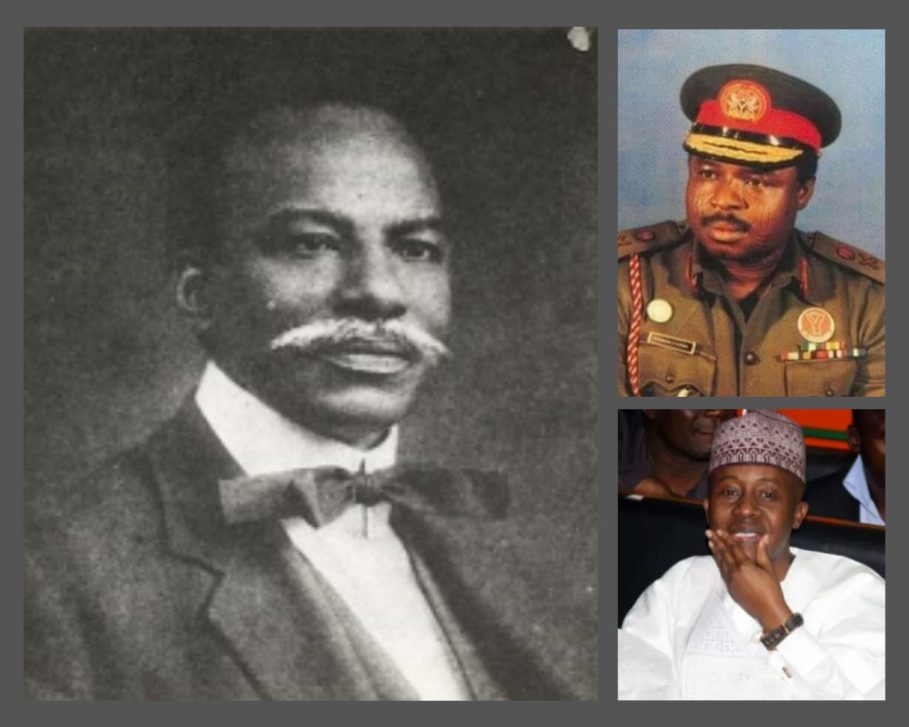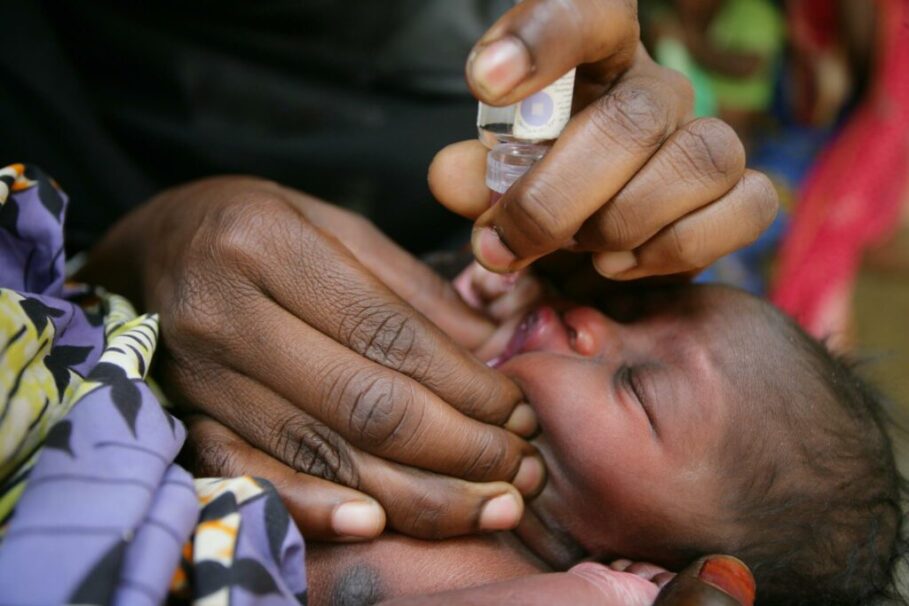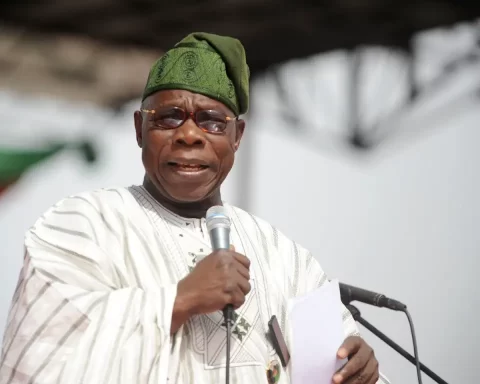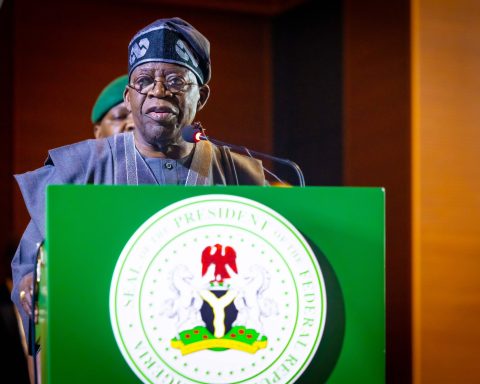As the world marks World Mental Health Day today, October 10, 2025, the spotlight is on the urgent need to support the mental health and psychosocial well-being of people affected by humanitarian emergencies.
This year’s theme, “Mental Health in Humanitarian Emergencies,” draws attention to millions of people worldwide living through conflicts, natural disasters, and public health crises situations that leave deep emotional scars long after the physical danger has passed.
According to the World Health Organization (WHO), nearly one in five people in crisis-affected areas experiences mental health condition. The organization stresses that mental health care is not a luxury but a life-saving necessity that helps people cope, recover, and rebuild their lives.
Join our WhatsApp Channel“Supporting mental well-being during crises saves lives and gives people the strength to heal and recover not just as individuals, but as communities,” WHO said in a statement to mark the day.
Displacement and Growing Mental Health Burden
The mental health toll is particularly severe among migrants and refugees. By the end of 2024, more than 123 million people had been forcibly displaced worldwide the highest figure on record. About 71 percent are hosted in low- and middle-income countries where health systems are already overstretched.
These individuals face multiple challenges, from trauma and loss to unsafe journeys and difficulties integrating into host communities. Experts warn that without accessible mental health services, conditions such as depression, anxiety, and post-traumatic stress disorder (PTSD) could become widespread.
READ ALSO: WHO Urges Urgent Action to Eliminate Hepatitis as Liver Cancer Deaths Rise
WHO Reaffirms Mpox As Global Health Emergency Amid Rising Cases
Integrating Mental Health into Emergency Response
According to WHO integrating mental health and psychosocial support into emergency response plans is crucial. Beyond providing food, shelter, and medicine, mental health care helps restore resilience and social cohesion.
The Mental Health and Psychosocial Support Minimum Service Package developed by WHO and partners provides a structured approach for ensuring continuity of care during and after emergencies.
Inclusive and Sustainable Support
The agency also calls for inclusive approaches that reach children, the elderly, people with disabilities, and those with pre-existing mental health conditions. Addressing stigma, discrimination, and financial barriers remains essential to achieving universal access to care.
Humanitarian workers, often exposed to the same stress as those they serve, also need mental health support through rest, supervision, and peer care systems.
In Nigeria and other parts of Africa, the message hits close to home. Millions displaced by conflict, banditry, and flooding continue to face psychological trauma with limited access to professional support. Camps for internally displaced persons (IDPs) in states such as Borno, Benue, and Zamfara remain under-resourced, with few mental health professionals available to meet growing needs.
Mental health experts warn that neglecting psychosocial care threatens long-term recovery and peacebuilding efforts in crisis-hit regions. They are calling on governments to integrate mental health into national emergency and social welfare programmes, train community health workers, and fund local interventions that promote resilience.
“If we continue to overlook mental health in emergencies, we’re rebuilding structures without rebuilding people,” said Alex Barde a mental health Advocate.
As global crises intensify, WHO and its partners urge countries to invest in community-based interventions that make mental health support accessible to all.
“On this World Mental Health Day, let us reaffirm that there is no health without mental health especially for those facing the harsh realities of displacement and disaster,” WHO said.
Amanze Chinonye is a Staff Correspondent at Prime Business Africa, a rising star in the literary world, weaving captivating stories that transport readers to the vibrant landscapes of Nigeria and the rest of Africa. With a unique voice that blends with the newspaper's tradition and style, Chinonye's writing is a masterful exploration of the human condition, delving into themes of identity, culture, and social justice. Through her words, Chinonye paints vivid portraits of everyday African life, from the bustling markets of Nigeria's Lagos to the quiet villages of South Africa's countryside . With a keen eye for detail and a deep understanding of the complexities of Nigerian society, Chinonye's writing is both a testament to the country's rich cultural heritage and a powerful call to action for a brighter future. As a writer, Chinonye is a true storyteller, using her dexterity to educate, inspire, and uplift readers around the world.
- Amanze Chinonye
- Amanze Chinonye
- Amanze Chinonye
- Amanze Chinonye
- Amanze Chinonye
- Amanze Chinonye
- Amanze Chinonye
- Amanze Chinonye
- Amanze Chinonye
- Amanze Chinonye
- Amanze Chinonye
- Amanze Chinonye
- Amanze Chinonye
- Amanze Chinonye
- Amanze Chinonye
- Amanze Chinonye
- Amanze Chinonye
- Amanze Chinonye
- Amanze Chinonye
- Amanze Chinonye
- Amanze Chinonye
- Amanze Chinonye
- Amanze Chinonye
- Amanze Chinonye
- Amanze Chinonye
- Amanze Chinonye
- Amanze Chinonye
- Amanze Chinonye
- Amanze Chinonye
- Amanze Chinonye
- Amanze Chinonye
- Amanze Chinonye
- Amanze Chinonye
- Amanze Chinonye
- Amanze Chinonye
- Amanze Chinonye
- Amanze Chinonye
- Amanze Chinonye
- Amanze Chinonye
- Amanze Chinonye
- Amanze Chinonye
- Amanze Chinonye
- Amanze Chinonye
- Amanze Chinonye
- Amanze Chinonye
- Amanze Chinonye
- Amanze Chinonye
- Amanze Chinonye
- Amanze Chinonye
- Amanze Chinonye
- Amanze Chinonye
- Amanze Chinonye
- Amanze Chinonye
- Amanze Chinonye
- Amanze Chinonye
- Amanze Chinonye
- Amanze Chinonye
- Amanze Chinonye
- Amanze Chinonye
- Amanze Chinonye
- Amanze Chinonye
- Amanze Chinonye
- Amanze Chinonye
- Amanze Chinonye
- Amanze Chinonye
- Amanze Chinonye
- Amanze Chinonye
- Amanze Chinonye
- Amanze Chinonye
- Amanze Chinonye
- Amanze Chinonye
- Amanze Chinonye
- Amanze Chinonye
- Amanze Chinonye
- Amanze Chinonye
- Amanze Chinonye
- Amanze Chinonye
- Amanze Chinonye
- Amanze Chinonye
- Amanze Chinonye
- Amanze Chinonye
- Amanze Chinonye
- Amanze Chinonye
- Amanze Chinonye
- Amanze Chinonye
- Amanze Chinonye
- Amanze Chinonye
- Amanze Chinonye
- Amanze Chinonye
- Amanze Chinonye
- Amanze Chinonye
- Amanze Chinonye
- Amanze Chinonye
- Amanze Chinonye
- Amanze Chinonye
- Amanze Chinonye
- Amanze Chinonye
- Amanze Chinonye
- Amanze Chinonye
- Amanze Chinonye
- Amanze Chinonye
- Amanze Chinonye
- Amanze Chinonye
- Amanze Chinonye
- Amanze Chinonye
- Amanze Chinonye
- Amanze Chinonye
- Amanze Chinonye
- Amanze Chinonye
- Amanze Chinonye
- Amanze Chinonye
- Amanze Chinonye
- Amanze Chinonye
- Amanze Chinonye
- Amanze Chinonye
- Amanze Chinonye
- Amanze Chinonye
- Amanze Chinonye
- Amanze Chinonye
- Amanze Chinonye
- Amanze Chinonye
- Amanze Chinonye
- Amanze Chinonye
- Amanze Chinonye
- Amanze Chinonye
- Amanze Chinonye
- Amanze Chinonye
- Amanze Chinonye
- Amanze Chinonye
- Amanze Chinonye














